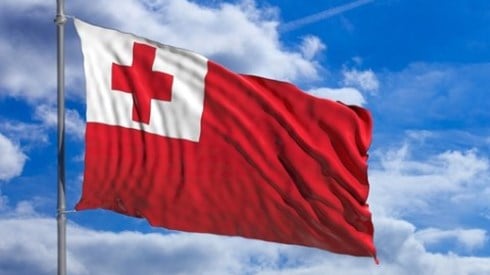Behind Cyclone Gita, Captive Insurer Provides Record Payout to Tonga

February 27, 2018

Seven days after Cyclone Gita ravaged Tonga, its government received a $3.5 million insurance payout from the Pacific Catastrophe Risk Insurance Company (PCRIC), according to the World Bank. PCRIC is a captive insurance company whose insurance policies are designed to payout within 10 days of a triggered event in order to provide immediate access to liquidity for disaster response. The insurance policies are based on a parametric trigger preselected by the policyholder or government.
Established in 2016, the captive is a regional catastrophe insurance platform resulting from a region-wide effort to address climate and disaster risks across 14 Pacific island countries. The platform, initially funded by Germany, Japan, the United States, and the United Kingdom as part of the G7 initiative on climate risk, offers governments insurance coverage against climate and seismic hazards—currently tropical cyclones and earthquake/tsunamis.
Owned by the Pacific Catastrophe Risk Insurance Foundation, PCRIC is directed by participating Pacific island countries. In Season 6, five participating Pacific island countries purchased catastrophe risk insurance from PCRIC with reinsurance from AXA, Hannover Re, Liberty, and Mitsui Sumitomo Insurance.
At its peak intensity, Cyclone Gita reached a Category 4 prior to making landfall on Tonga. Widespread damage was largely the result of destructive wind strength. According to sources, Gita is the strongest cyclone to strike Tonga in the kingdom's recorded history.
PCRIC Chief Executive David Traill said, "Cyclone Gita has reinforced the importance of a coordinated disaster management capability across the Pacific, and PCRIC stands as a critical support in ensuring governments can act quickly following disasters."
February 27, 2018
